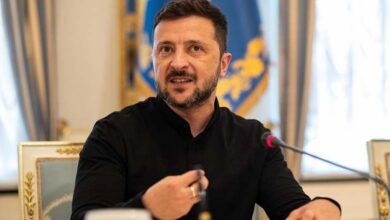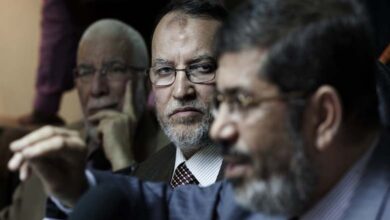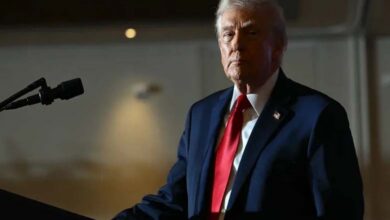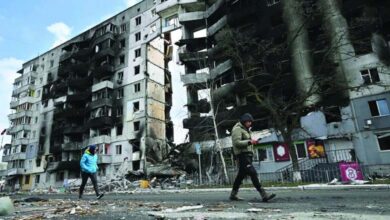Tunisia: the closure of the headquarters of the Supreme Judicial Council after a decision to dissolve it

The head of Tunisia’s Supreme Judicial Council said on Monday that police forces closed the doors of the Council with iron locks and prevented employees from entering, after President Kais Saied decided to dissolve it on Sunday.
Saied’s announcement raised concerns about the rule of law in Tunisia after he seized almost all powers last summer, a move his opponents describe as a coup, and judges’ associations accuse him of committing an illegal act that undermines the independence of the judiciary.
Earlier, Tunisian President announced his intention to dissolve the national judiciary on suspicion of corruption and mismanagement of sensitive political cases, according to local media reports.
President Kais Saied’s decision to dissolve the Supreme Judicial Council coincided with the ninth anniversary of the assassination of Chokri Belaid, a prominent leftist leader and a prominent critic of the Brotherhood movement.
On Saturday evening, Saied criticized the judiciary and accused a number of its judges and advisors of corruption and nepotism and of disrupting proceedings in several cases, including political assassinations.
Saied said: “Let this council consider itself to be in the past of this moment”, he said, adding that a decree to form an interim council would be issued soon.
Opposition leader Chokri Belaid was shot dead outside his home on 6 February 2013.
Belaid was a prominent critic of the Brotherhood’s Ennahdha Party, which held the reins of power at the time.
Six months later, another prominent left-wing opposition figure, Mohamed Brahimi, was assassinated, and no one was convicted in both cases.
Tunisia was hit by a deep political crisis after the 2013 assassinations.












